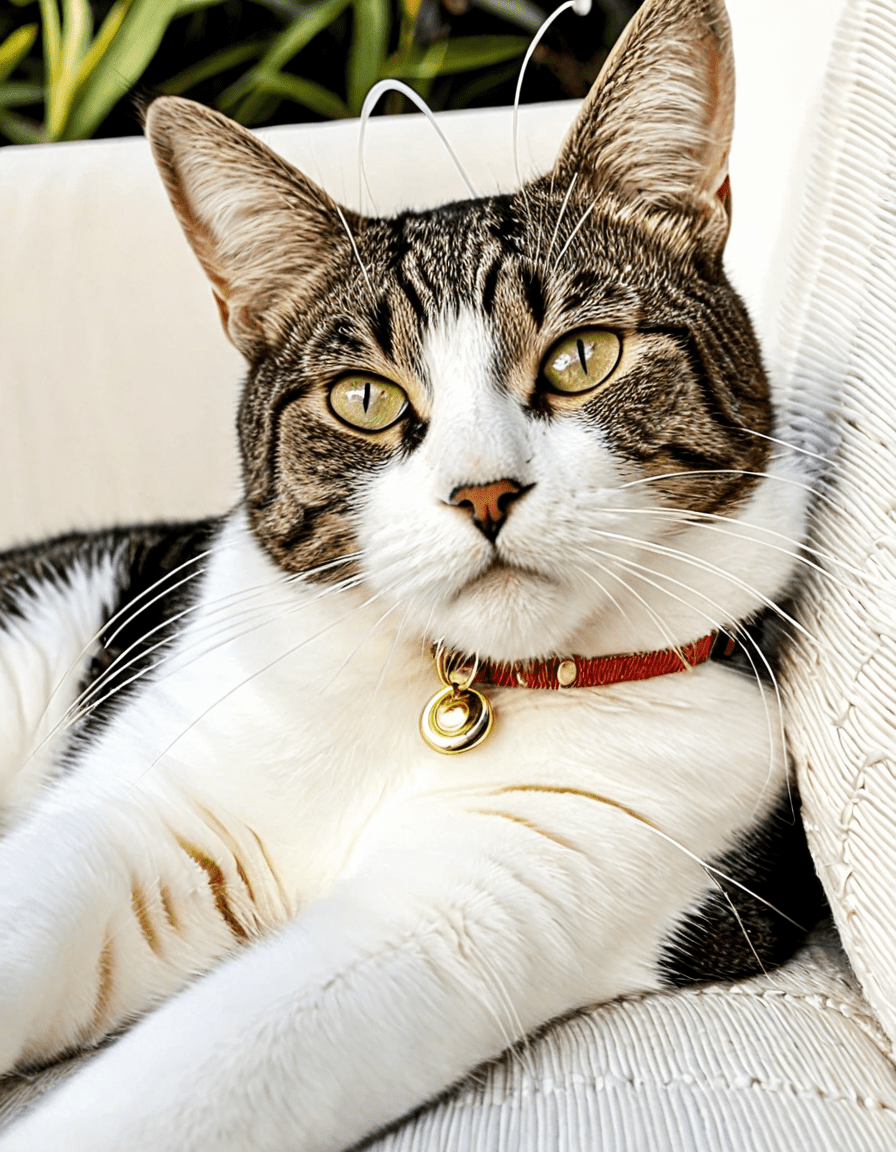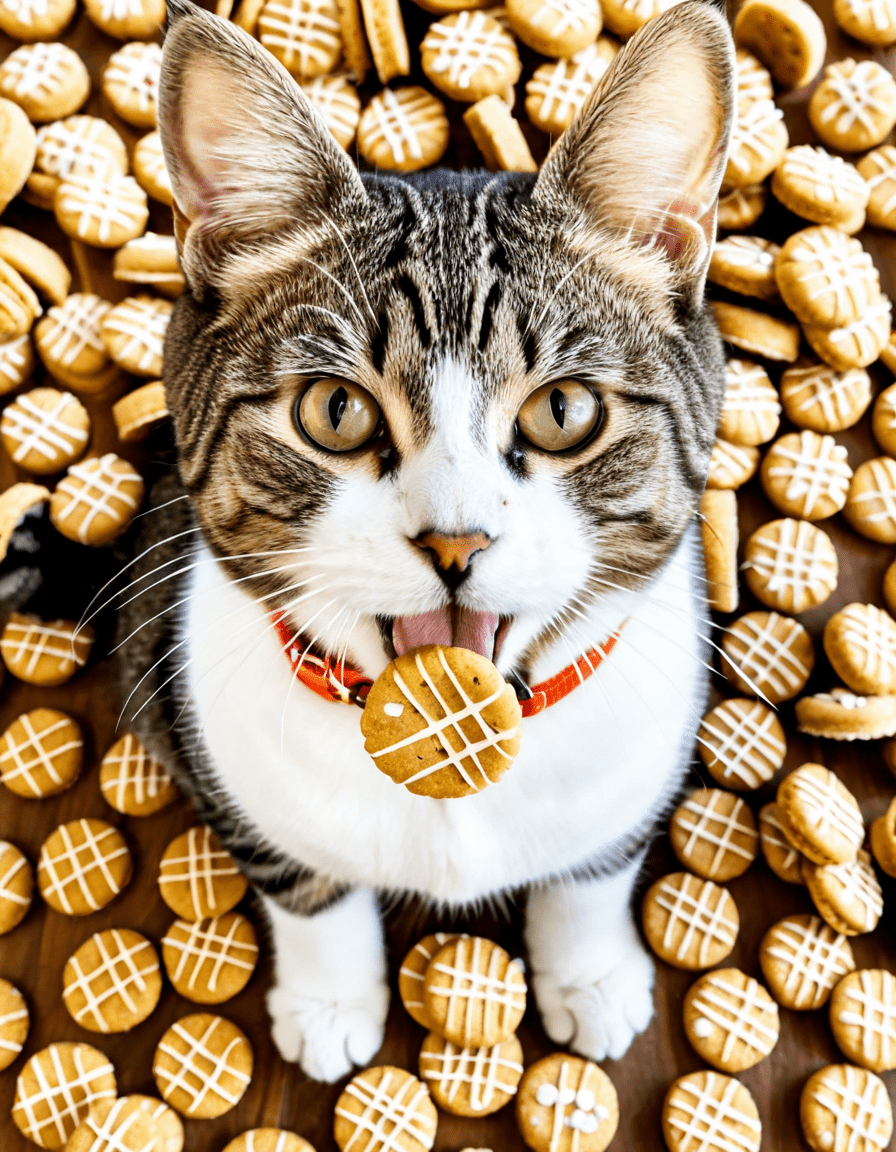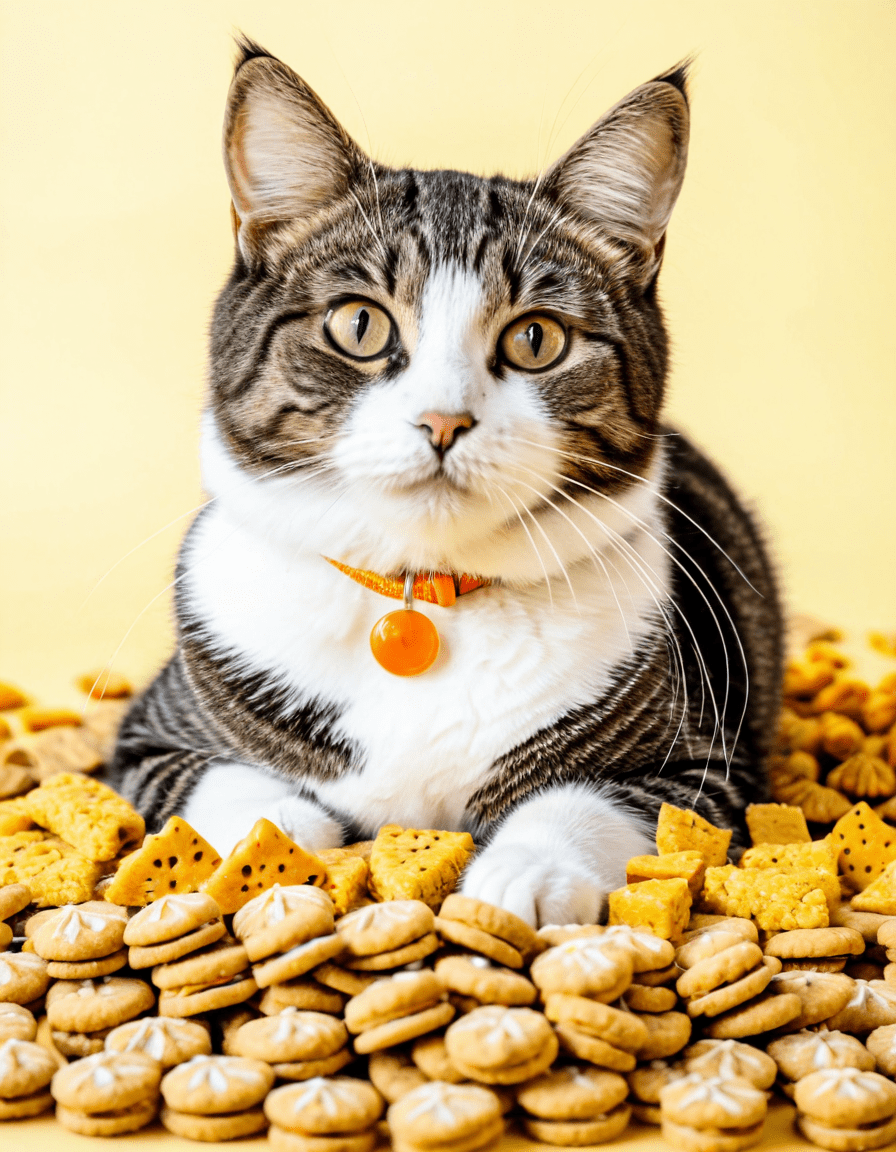Drooling in cats can be a puzzling phenomenon for pet owners. You might find yourself asking the question, “Why would a cat drool?” This behavior, while not common, can indicate various underlying health issues or behavioral reactions in your feline friend. Understanding the causes of drooling is vital for ensuring your cat’s well-being.
Let’s dive into the primary reasons why a cat may drool, from health conditions to behavioral factors, as well as potential remedies you can consider.

Top 5 Reasons Why Would a Cat Drool
1. Dental Disease
One of the most frequent causes of excessive drooling in cats is dental disease. Many cats suffer from conditions like gingivitis or periodontal disease, leading to discomfort and pain. As a result, they may salivate more than usual. It’s essential to schedule regular dental check-ups for your cat, as these visits can help identify issues early on. Services at places like PetSmart or your local veterinarian are designed to maintain your cat’s oral health, making a big difference in their quality of life.
2. Nausea and Gastrointestinal Issues
Just like humans, cats can experience nausea and gastrointestinal distress, which may cause them to drool. This might happen due to sudden dietary changes, ingestion of foreign objects, or even parasites. For instance, if you’ve recently switched your cat’s food and noticed excessive drooling, that could be the culprit. Keep a watchful eye on your cat’s eating habits and overall behavior; spotting signs early can prevent more serious health complications.
3. Oral Tumors or Growths
While it’s less common, oral tumors or growths in cats can lead to drooling due to pain or general discomfort. If you observe excessive drooling alongside difficulty eating, it’s crucial to consult a veterinary oncologist for a thorough examination. This proactive approach is vital, as early detection of tumors often leads to better treatment outcomes.
4. Stress or Anxiety
Cats are creatures of habit, and stress or anxiety can provoke an unusual response like drooling. Situations such as moving to a new home, the arrival of a new pet, or a stressful visit to the veterinarian can trigger these reactions. Have you tried pheromone diffusers like Feliway? Many pet owners find these diffusers can create a soothing environment, reducing stress-induced drooling.
5. Toxicity and Poisons
Exposure to toxic substances is another serious reason why a cat might drool. Common household hazards, such as certain plants or cleaning chemicals, can lead to this condition. If you notice excessive drooling along with other symptoms like lethargy or vomiting, don’t hesitate to consult a veterinarian immediately. Knowing what toxic substances are around your home can save your cat from unnecessary distress.

Addressing the Concern: What Drooling Means for You as a Cat Owner
Understanding why cats drool is crucial for timely and effective care. If your cat’s drooling is accompanied by other concerning signs, such as refusing to eat or showing lethargy, it could signal a serious condition that needs immediate attention.
Regular vet visits and being aware of your cat’s behavior can help catch any potential problems early. Noticing how your cat reacts to changes in its environment or routine can make all the difference in addressing health issues swiftly. After all, the well-being of your furry friend is paramount.
FAQs: Common Concerns Related to Drooling and Other Animal Behaviors
This behavior can indicate a nutritional deficiency or even a behavioral issue. Consulting with your veterinarian for dietary advice could provide valuable insights and resolve this behavior.
This is definitely a serious symptom that requires immediate veterinary care. Blood in a dog’s vomit could point to various conditions, including gastrointestinal ulcers or severe infections.
Fishy breath in dogs can suggest dental disease or serious health concerns like liver dysfunction. Regular veterinary check-ups are essential to maintain your dog’s health.
Environmental health departments or pest management services often provide testing services for rodent droppings to help diagnose potential health concerns.
Innovative Perspectives on Cat Care Insights
Recognizing the reasons why a cat drools isn’t just about solving a quirky issue; it’s about understanding your pet and enhancing its life quality. Being aware of drooling and related behaviors helps you identify potential health risks and take proactive steps for their care.
Establishing a consistent routine for health checks and being attentive to changes in your cat’s behavior fosters a lasting and healthy relationship. Knowledge is power, so equip yourself with the tools to interpret your cat’s signals effectively. By doing so, you’ll be on your way to providing a happier, healthier life for your feline friend.
Understanding the mechanisms at play, from dental issues to stress-related factors and the impacts of a diet, is essential. Whether you’re a seasoned cat owner or just starting your journey, being informed and observant leads to better care for your cherished companion.
Why Would a Cat Drool: Engaging Trivia and Interesting Facts
When you notice your cat drooling, it can be quite a surprise! But don’t fret just yet—this common occurrence can stem from various causes. For instance, cats might salivate as a reaction to small snake they encounter, feeling threatened or excited. Did you know that cats have a unique way of showing their emotions? Just like the lyrics from “Lose Yourself” capture intense feelings, a cat’s drooling can be an expression of nerves or anxiety, particularly when faced with something unfamiliar.
The Whys and Wows of Cat Drooling
Why would a cat drool? One reason could be related to dental issues. If your feline is wrestling with dental disease, the discomfort may lead to excessive salivation. Just as pet owners keep an eye out for bumps on their pets, like why Is there a bump on My lip in humans, paying attention to your cat’s mouth is crucial. Another fascinating tidbit? Cats sometimes drool when they feel relaxed and content, so don’t panic if your kitty dribbles during those cozy moments on your lap.
Curiously, it’s worth noting that just like us, cats can have preferences—sometimes influenced by what they consume. For example, the battle between apple cider vinegar vs. white vinegar can extend beyond the kitchen; certain tastes might make a kitty’s mouth water more than others! This craving for flavors might just trigger some slobber if they’re particularly intrigued by their meal. Understanding these nuances in why would a cat drool not only helps in identifying potential health issues but also enriches the bond you share with your furry friend.
So, the next time your cat is drooling, remember: it could mean anything from excitement around that Onan generator you just bought, to a touch of dental distress. Regardless, staying observant is key. A little drool may just be your feline’s way of communicating what they need—so it’s time to listen and respond!



